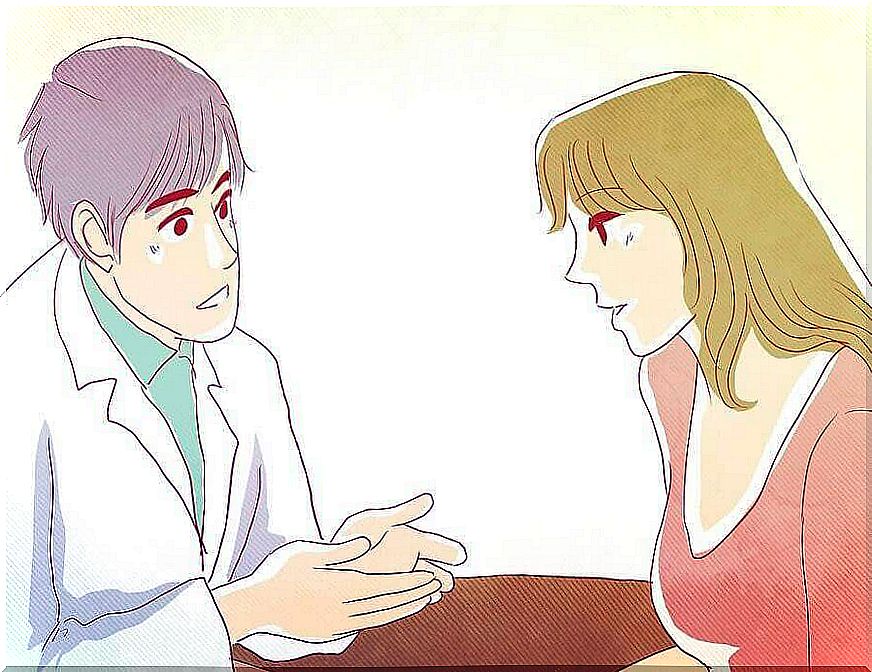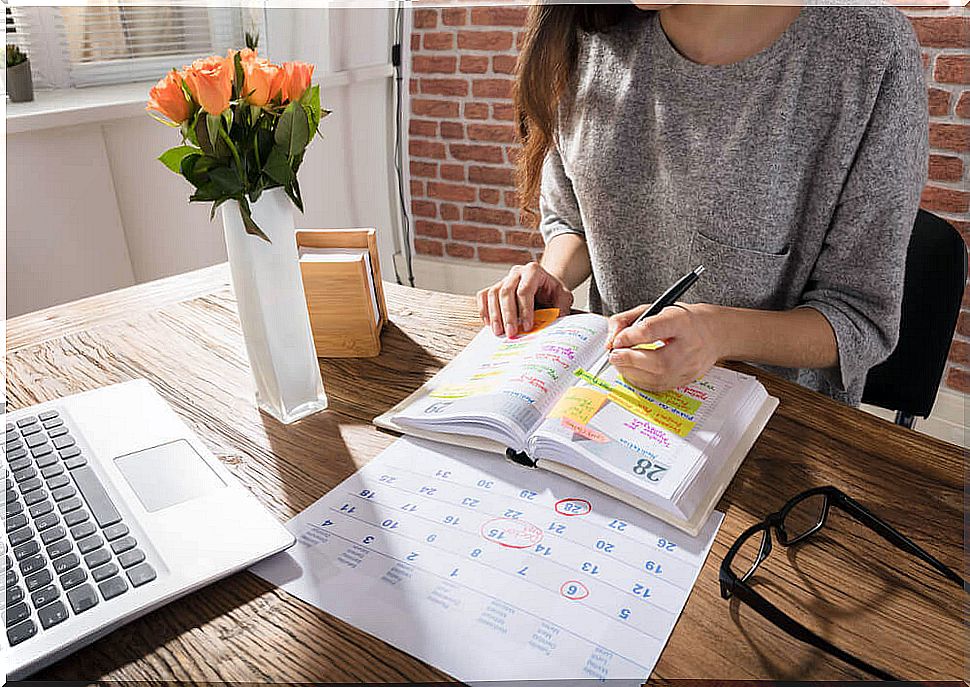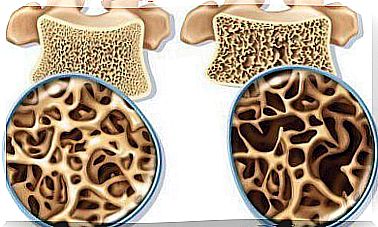6 Tips For Treating Adult Hyperactivity

Adult hyperactivity is a problem that often goes unnoticed. After all, hyperactivity is generally associated with young children and perhaps even young people. If a patient does not receive proper care for their condition at a young age, the likelihood of hyperactivity in adulthood is higher.
Now we want to tell you how this condition is identified and how it can be treated. Keep reading!
Detection of adult hyperactivity
Hyperactivity is when a person takes on several tasks for himself and does not complete any. A person is anxious most of the time, and hyperactivity can manifest in different ways in both children and adults.
It mainly includes the following symptoms:
- impulsiveness
- difficulty concentrating
- difficulties in time management
- inability to be in place
- inconsistent activities
In addition, a hyperactive person is never in the same place for a long time, he talks a lot and finds it difficult to be quiet. He can also be very impatient. This is obvious, for example, when a person waits in line at a store, for example, and is unable to stay put. Similarly, a hyperactive person often interrupts other people.
In children, hyperactivity is a much more well-known problem, but in adults it is more common than previously thought.
It is a mental disorder that produces fluctuating moods, poor everyday planning, lack of self-confidence, and poor or irregular ability to concentrate.
The result is that a hyperactive person often suffers from low self-esteem, experiences difficult relationships, has little social life, and failures are common. The main problems with this are anxiety, depression, personality disorders and drug use.
Treatment of adult hyperactivity
First, you should talk to a psychologist for analysis and diagnosis. If an adult has ADHD, the next step should be to gain knowledge about the disorder in order to understand this condition and how it affects the person as well as different aspects of his or her life.
Various options are available to alleviate the harms of hyperactivity, and many therapies include cognitive therapy that focuses on changing certain lifestyles over time.
The following tips will also help you adjust to and treat hyperactivity:
1. Talk about it

It’s definitely worth talking to people you can trust – as long as it’s someone who can (and wants) to help, support and respect you. It is very important to be able to trust someone who does not judge.
2. Inhale

Focusing on breathing offers great benefits when a person is in stressful situations or experiencing anxiety. To regain your calmness, focus on the movements of your body as you breathe in and out until you feel better.
This technique allows attention to be shifted away from negative things.
3. Avoid interrupting others in conversations

In order to avoid interrupting others constantly, it’s a good idea to count to ten when you’re trying to talk over another. Actively listen to the words of others and do not comment unless they ask for your opinion directly.
4. Relax
For adult hyperactivity, various relaxation techniques can be tried . Sometimes meditation is the best choice, and sometimes a relaxing shower or a walk in the park helps best.
It is important to find the method that works best for you to calm your mind and calm down the “whirlwind” of ideas.
5. Arrange

One difficulty with hyperactive people is getting the chaos right at home or at work.
- You can organize your life in many ways, such as with lists, a calendar, or always easily accessible stickers.
You can also keep your morning or afternoon free of plans so you can organize your desk or space, and so you can slowly change your habits to prevent heaps from forming. For example, try putting clean clothes in the closet instead of leaving them on a chair, and putting folders on the shelf instead of leaving them on your desk.
6. Limit the factors that hinder your concentration
It is very common for hyperactive people to get distracted easily. Thus, it is a good idea to limit the factors that make you lose focus when you are studying or working.









